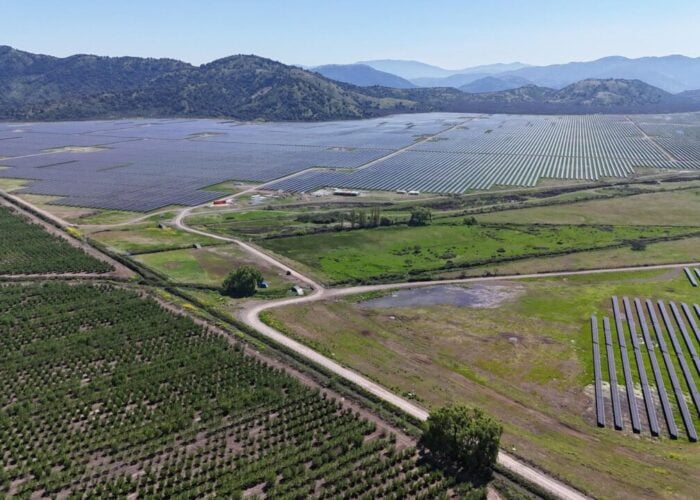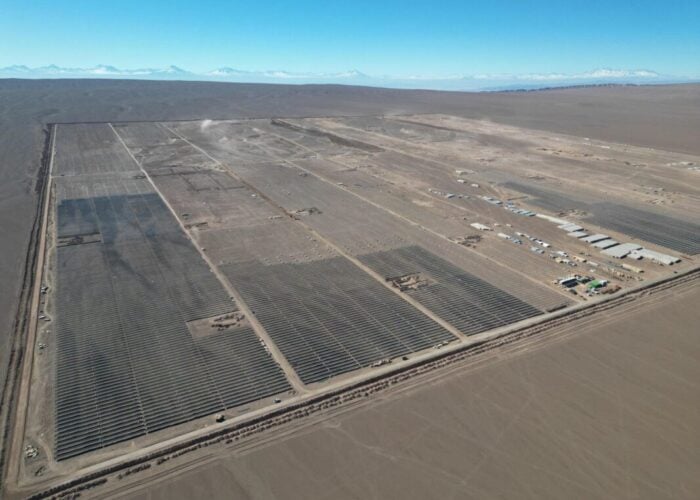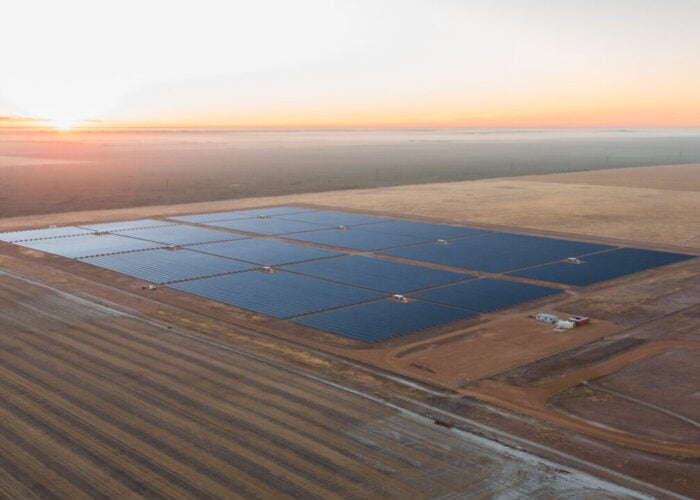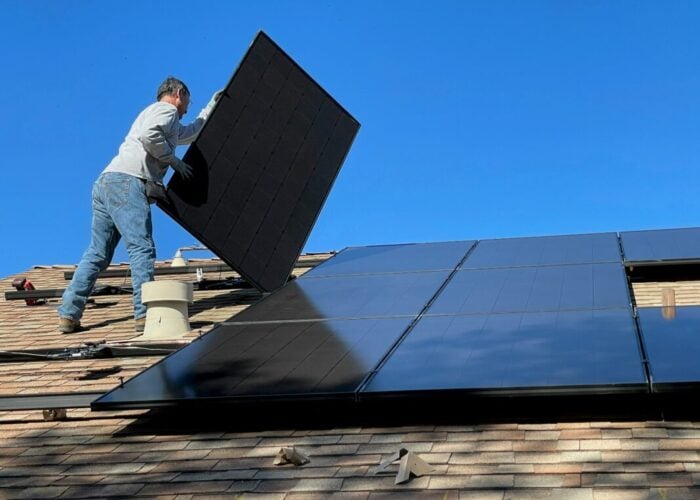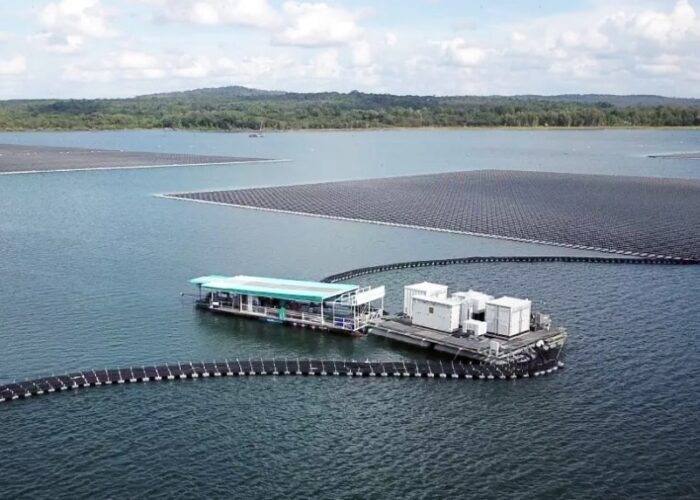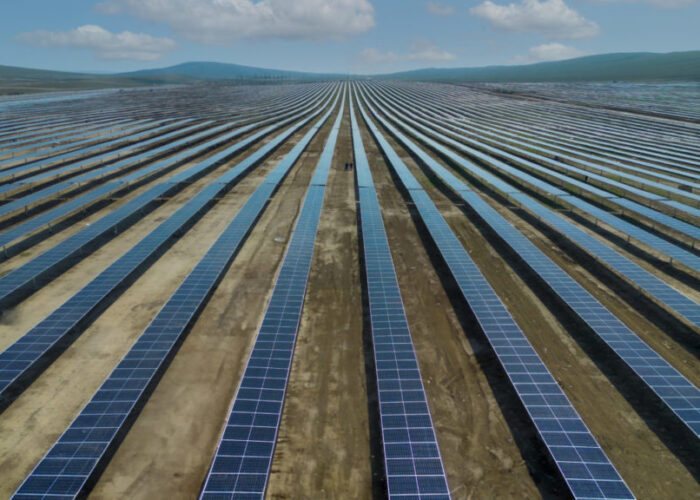
Despite an initial selection of 15 bidders, Chile’s latest power auction awarded contracts to just two companies, with 777GWh of solar PV co-located with energy storage and wind secured.
The country’s National Energy Commission (CNE) had intended to contract 5,250GWh per year for 15 years with contracts set to start in 2027.
Try Premium for just $1
- Full premium access for the first month at only $1
- Converts to an annual rate after 30 days unless cancelled
- Cancel anytime during the trial period
Premium Benefits
- Expert industry analysis and interviews
- Digital access to PV Tech Power journal
- Exclusive event discounts
Or get the full Premium subscription right away
Or continue reading this article for free
Last month, a total of 15 companies that were selected for bidding put forth bids totaling 10.125GWh, almost double the intended size of the auction, but only two companies have been successful in their bids, which amounted to just 14.8% of the 5.250GWh auctioned.
Spanish developer Fotowatio Renewable Ventures (FRV), through its Chilean subsidiary FRV Development Chile, has been awarded 651GWh at a price of US$37.19/MWh for solar PV plants and wind energy.
The other bidding company to win was Zapaleri SpA with 126GWh of solar PV co-located with energy storage at a price of US$38.359/MWh
The average price (US$37.38/MWh) was more than 50% higher than the previous auction held in September 2021, when the average had reached US$23.78/MWh.
“Chile is a market in which we are strongly committed and with great plans for the future, with this award in the auction we hope to continue contributing to the decarbonisation of the energy sector in Chile and its independence from other fossil fuel sources,” said managing director of FRV South America, Manuel Pavón.
With the amount awarded during the auction, the Spanish developer expects to have a pipeline of 2.5GW of renewables under development and construction in Chile.
Marco Antonio Mancilla, executive secretary at CNE, said: “Efficient prices have been achieved, with renewable technology that included energy storage. It is a proof of trust that these processes are successful, and companies understand it gives signs of long duration for the country.”
The excess energy not awarded in this bidding will probably be allocated in next year’s auction, Mancilla suggested.

